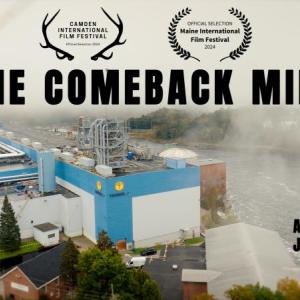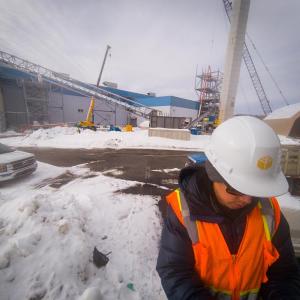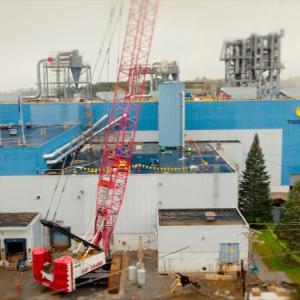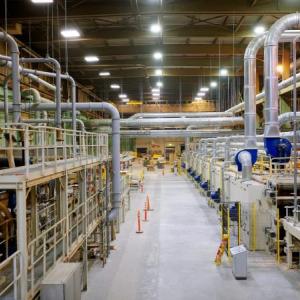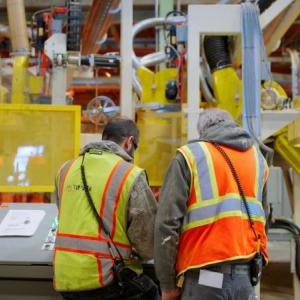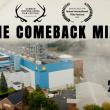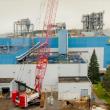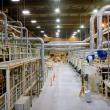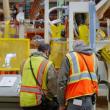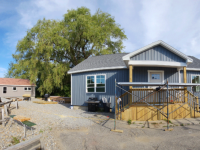Filmmaker Josh Gerritsen chronicles industrial innovators in ‘The Comeback Mill’
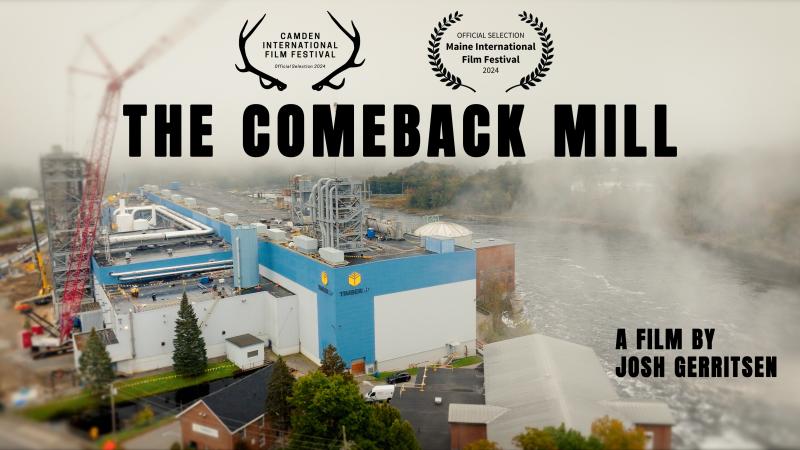
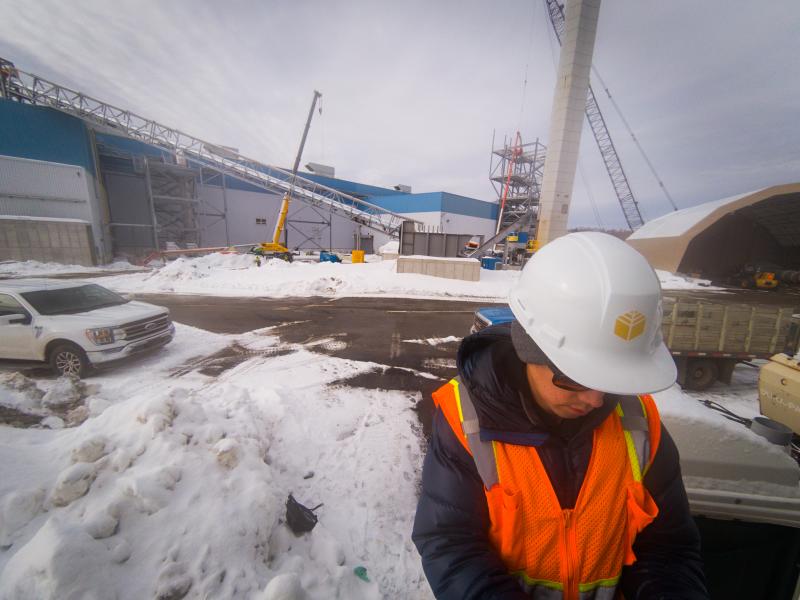 Filmmaker Josh Gerritsen, at TimberHP, in Madison. (Photo courtesy Josh Gerritsen)
Filmmaker Josh Gerritsen, at TimberHP, in Madison. (Photo courtesy Josh Gerritsen)
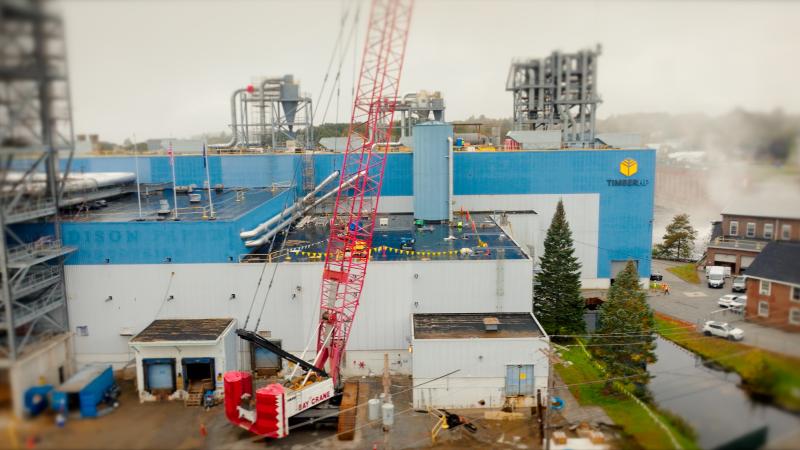 The former Madison Paper mill in Madison, after its renovation to TimberHP. (Photo courtesy Josh Gerritsen)
The former Madison Paper mill in Madison, after its renovation to TimberHP. (Photo courtesy Josh Gerritsen)
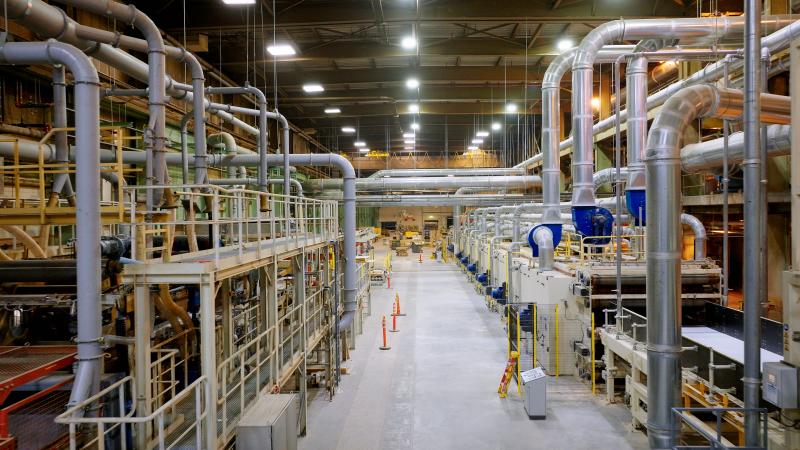 The Comeback Mill interior, after repurposing the space (Photo courtesy Josh Gerritsen)
The Comeback Mill interior, after repurposing the space (Photo courtesy Josh Gerritsen)
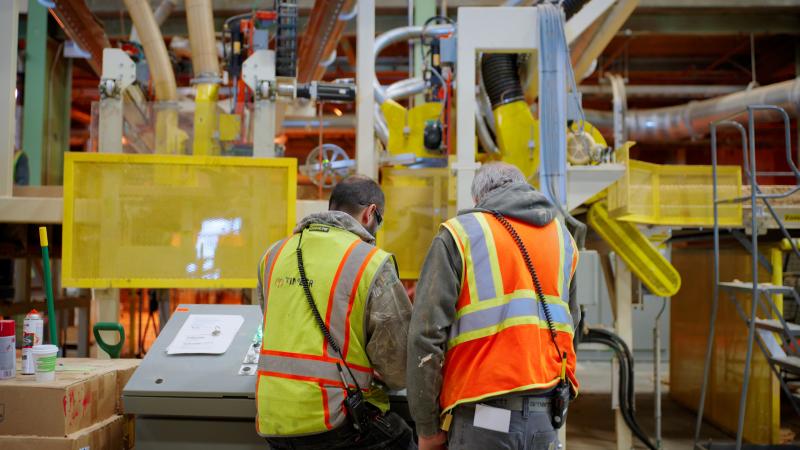 The Comeback Mill interior, after repurposing the space (Photo courtesy Josh Gerritsen)
The Comeback Mill interior, after repurposing the space (Photo courtesy Josh Gerritsen)
 Director and Producer Josh Gerritsen (Photo courtesy Josh Gerritsen)
Director and Producer Josh Gerritsen (Photo courtesy Josh Gerritsen)
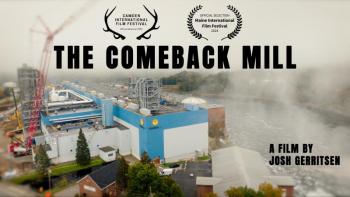
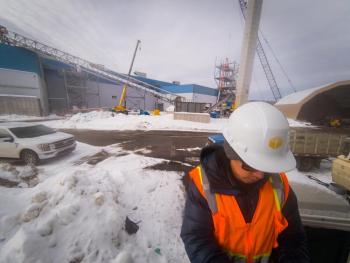 Filmmaker Josh Gerritsen, at TimberHP, in Madison. (Photo courtesy Josh Gerritsen)
Filmmaker Josh Gerritsen, at TimberHP, in Madison. (Photo courtesy Josh Gerritsen)
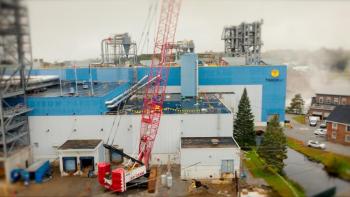 The former Madison Paper mill in Madison, after its renovation to TimberHP. (Photo courtesy Josh Gerritsen)
The former Madison Paper mill in Madison, after its renovation to TimberHP. (Photo courtesy Josh Gerritsen)
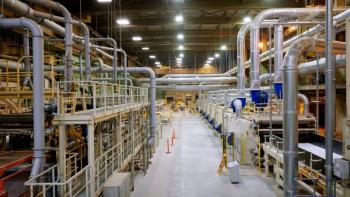 The Comeback Mill interior, after repurposing the space (Photo courtesy Josh Gerritsen)
The Comeback Mill interior, after repurposing the space (Photo courtesy Josh Gerritsen)
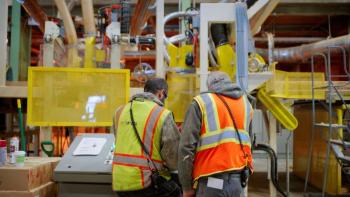 The Comeback Mill interior, after repurposing the space (Photo courtesy Josh Gerritsen)
The Comeback Mill interior, after repurposing the space (Photo courtesy Josh Gerritsen)
 Director and Producer Josh Gerritsen (Photo courtesy Josh Gerritsen)
Director and Producer Josh Gerritsen (Photo courtesy Josh Gerritsen)
Madison, Maine – in the middle of the western region of the state — has industrial innovation under its belt, and a municipal focus on the green economy. This former cornerstone of the Maine paper mill legacy is now home to highly regarded greenhouse tomatoes; solar, hydropower and gas energy enterprises; and now the wood byproduct business of TimberHP, an insulation manufacturer established by an architect and a chemist, two Mainers working on a project that has repurposed the former large and imposing Madison Paper plant.
It is the latter innovative development that Midcoast filmmaker Josh Gerritsen turned his focus on, beginning just before the COVID pandemic and culminating with his documentary, The Comeback Mill.
The film, at 23 minutes in length, is being featured at the 2024 Camden International Film Festival, which begins Thursday, Sept. 12, and runs through Sunday, Sept. 15. The Comeback Mill is one of six documentaries that fall within the Dirigo division of the film festival, which takes place at several venues in Camden and Rockland over the four-days of screenings, and after that, online for five more days.
Gerritsen, a former Lincolnville Select Board member and now Rockport resident, sat on the board of directors for the municipally-owned (Camden, Hope, Lincolnville and Rockport) Mid-Coast Solid Waste Facility. He is well acquainted with the principles of recycle and re-use. And, he has an affinity for innovators who work to reduce the waste stream. When he heard about what Joshua Henry and Matthew O'Malia had planned for the former Madison Paper facility, it struck a chord.
TimberHP represents a collaboration of the minds.
At the company’s website, its founders explain: “In 2016, Henry and O’Malia saw an opportunity to combine their talents to address a major contradiction that faces the construction industry: we insulate to reduce the energy required to heat and cool our buildings, but we do it with materials highly dependent on or directly derived from fossil fuels. Neither Henry nor O’Malia could understand why wood fiber insulation— a performance-competitive, renewable, carbon-negative insulation that has been produced in Europe for two decades—was not being made in North America.”
What they did in Madison moved manufacturing in Maine forward, whil repurposing an idle old paper mill.
“It is a statement of ingenuity and innovation for the State of Maine,” said Gerritsen.
As a citizen, he believes in diminishing carbon footprints. As an artist, he is drawn to industrial infrastructure.
“Massive facilities that produce the goods we use, generate the electricity that power our homes, or handle our solid waste, to cite three examples, are the backbone of our modern way of life,” he said, in his summary of The Comeback Mill. “But they are hidden from view and unappreciated by most people.”
The legacy of paper mills in Maine is long and deep, and mills were not abandoned lightly. For much of the 20th Century, the state’s economy was heavily reliant on the lumber and then paper industry. When paper companies pulled out, Maine struggled to help find new footing for the empty manufacturing spaces.
Some have been repurposed, including Madison Paper, which was a division of Great Northern Paper Mill. Madison Paper produced calendar paper until 2016, when it closed, leaving the large mill on the Kennebec River empty and on the verge of decrepitude.
Then, two young Maine residents pooled their energy and brainpower to form TimberHP.
“When I read about the shuttered Madison paper mill being sold to a startup to manufacture wood fiber insulation, I knew it was a story that needed to be told,” said Gerritsen.
And just as important is Timber HP’s own mission, to turn leftover wood chips from lumber mills into thermal insulation, water-resistant insulation, fire-resistant insulation, and sound-dampening insulation, according to the company’s statement: “Renewable, fully-recyclable, and carbon storing, TimberHP insulation delivers on Maine’s heritage of manufacturing safe, reliable forest products.”
TimberHP, which is an outgrowth of the Belfast-based GO Lab and GO Logic firm, had gotten the idea from a German company with a similar enterprise. Could O'Malia and Henry do it in Maine? Why not. They went to work on the idea.
Gerritsen first saw news about GO Lab in 2019, recognized what was about happen in Madison and approached O'Malia and Henry. Could he chronicle the transformation of the industrial space? They said yes, and the film project took off — “It was just me,” said Gerritsen, who worked solo while shooting and editing the documentary. He captured the process from the beginning, rambling around the mill before its renovation in 2021 with former Madison Paper employees to the ribbon-cutting celebration in 2023.
He is grateful for the chance to follow the arc of a massive renovation and to, “tell the story of this community, and the turnaround of an asset that could have been torn down.”
It could not have happened without former mill employees who were hired to help with the new venture — some ran the equipment, others engineered the process, while still others became project managers.
“They were really integral to it all happening,” he said.
“It is extraordinary how a small town can pick itself back up from something that could have devastated the economy,” said Gerritsen. “That mill had been operating since 1899, and it gave me a lot of hope for existing infrastructure across the country, to see a great example of turning it around. To see infrastructure knocked down is tragic.”
Gerritsen hopes his film inspires other communities across the country to re-use infrastructure that might be slated for demolition.
“These towns and cities could have the perfect location for the next great American comeback story,” he said.
Reach Editorial Director Lynda Clancy at lyndaclancy@penbaypilot.com

